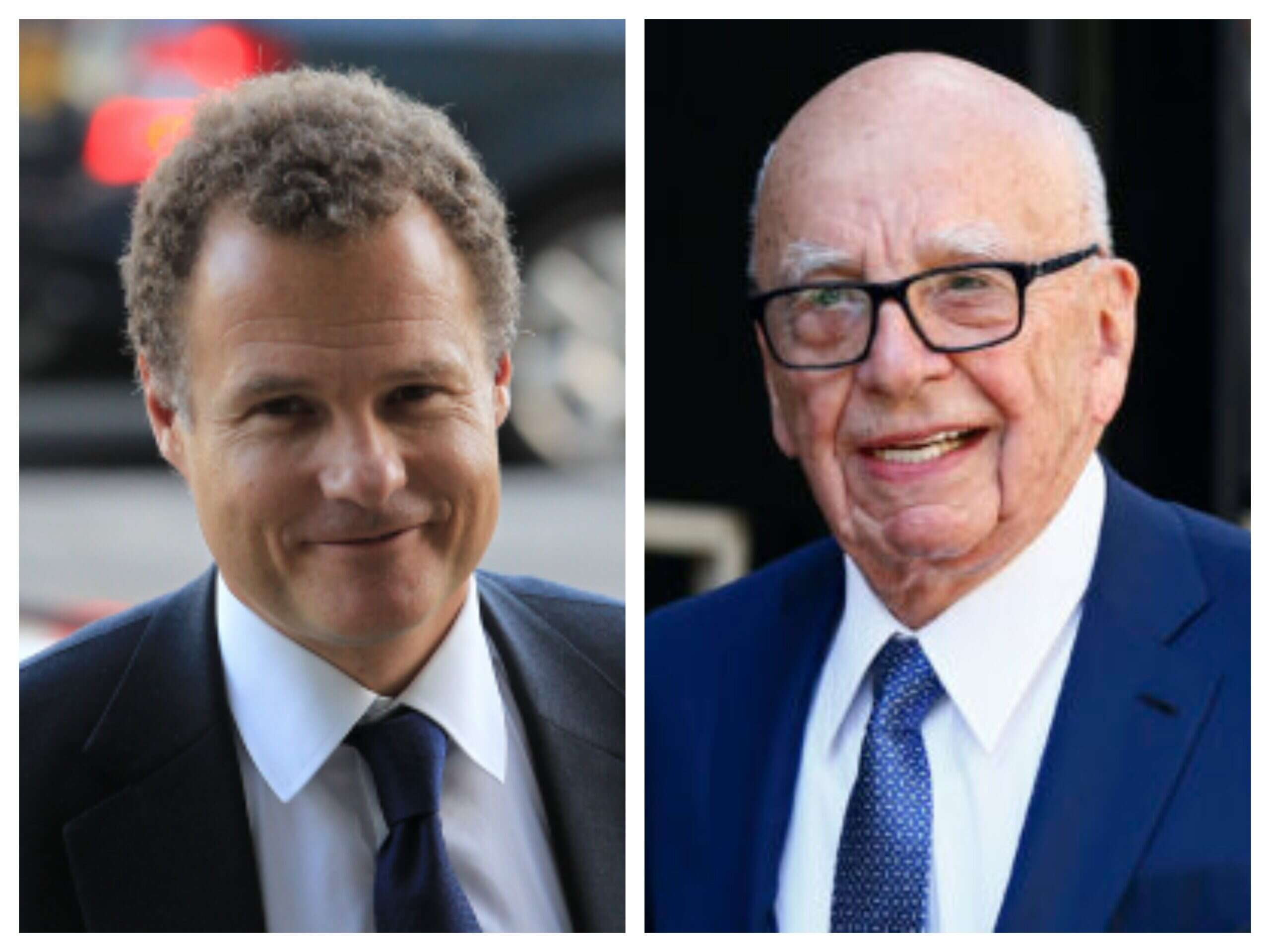
A handful of publishers control both the UK’s print and digital news markets, according to a Press Gazette analysis of the latest data.
While digital news is less concentrated than the UK’s newspaper industry, two publishers – Reach and the BBC accounted for half of all visits to the top 50 news sites accessed from the UK in September.
Analysis of data from Similarweb shows that of the combined 1.6bn visits to these 50 sites, 628 million (38%) were to the BBC sites, while 289 million (18%) were to Reach’s national and local digital brands. Reach also owns more sites (17) in the top 50 than any other publisher, among them express.co.uk, mirror.co.uk and manchestereveningnews.co.uk. While Similarweb’s data for the BBC includes visits to its general homepage rather than just its news pages, other data sources confirm BBC News’ digital dominance.
Analysis of a changing list of the leading 50 sites each month since the start of 2019 further suggests that the level of concentration has changed little in the last three years. Although smaller players drop in and out of the top 50 sites list each month suggesting there is variety in digital news consumption, BBC and Reach have largely maintained their share of visits. In January 2019, sites owned by the two publishers together accounted for 53% of UK visits among the top 50.
The share of traffic garnered by the sites of other leading publishers (among them Daily Mail and General Trust (DMGT), which owns the Mail, Metro and i, and News Corp, which owns The Sun and The Times) has also shifted little since 2019. Taken together, visits to the five biggest publishers after Reach and the BBC (DMGT, The Scott Trust, News Corp, Lebedev Holdings, and Barclay family-owned Press Holdings) came to 31% of all visits in January 2019 and 28% in September 2021.
Although declining print circulation makes it a somewhat less useful barometer of the UK’s media diet, analysis shows that newspaper ownership remains highly concentrated. Although we have used their last year of reported data to impute circulation figures for The Sun, the Telegraph and The Times which longer report to ABC, our analysis suggests that two men - DMGT owner Lord Rothermere and News Corp boss Rupert Murdoch - control almost two thirds (62%) of the national daily print market based on average circulation per issue in 2021 so far. Both the Rothermere family and Murdoch have been important presences in the UK’s print market. Lord Rothermere recently made an offer for the remaining 64% of DMGT that the Rothermeres do not already own in a move that will see the group taken private, consolidating his dominance of the more than 100-year old firm.
Reach, which owns nine national newspapers including The Mirror and The Daily Star accounts for 16% of market share so far in 2021. Together Reach, DMGT and News UK take 80% of the UK national daily print market. Press Gazette’s analysis includes free dailies the Evening Standard and Metro but excludes non-UK wide titles such as the Daily Record.
Although the pandemic and before that the rise of digital news have caused significant disruption to the print news market, the data shows that the balance of power between the major news groups has not shifted markedly over the last decade. Concentration levels have remained fairly similar in the last ten years, although DMGT has increased its share of the national daily market from 30% in 2010 to 39% in 2021, partly down to its acquisition of the i at the end of 2019.
When it comes to revenue, the same newspaper publishers who dominate circulation do best when it comes to overall revenue (print and digital properties). News Corp, DMG Media (DMGT’s consumer media arm) and Reach Plc together account for 70% of the revenue share of seven leading legacy media groups in the UK.
Rupert Murdoch’s hold over various media properties has been a major talking point in the UK and his pre-eminent role has not just been limited to the written word. Until recently, Murdoch controlled a major part of the country’s satellite TV market through Twentieth Century Fox’s ownership of Sky News. Murdoch’s decision in 2018 to sell his company’s 39% stake in Sky to US giant Comcast has however loosened his hold on the UK broadcast market.
According to data from Ofcom, the BBC dominates the UK’s TV news landscape. An average 57% of UK adults were reached by the news on BBC One each week in 2020 - 70% more than the closest competitor, ITV (34%). Despite making more than five times the profit of the BBC in 2020 (£1.4 billion for Sky vs £227 million for the BBC) Sky’s news channel reached just 10% of UK adults each week on average in 2020.
When it comes to radio, our analysis of listening figures for the UK’s leading talk radio stations also suggest that the BBC is way out ahead. Non de-duped figures show that 36% of all people who listened to the radio in the last quarter were reached by one of the BBC’s talk or news stations (BBC Radio 4, BBC Radio 5 live and BBC World Service). In contrast, just 6% of the radio listening public were reached by Global-owned LBC and LBC News, while 2% were reached by Murdoch’s Wireless stations talkRadio and Times Radio. Our analysis excludes stations that focus exclusively on sports news.
Email pged@pressgazette.co.uk to point out mistakes, provide story tips or send in a letter for publication on our "Letters Page" blog
